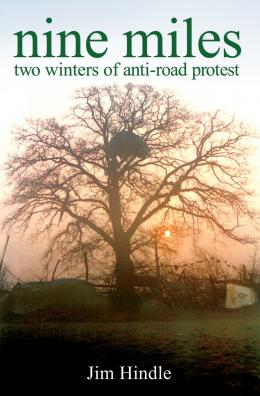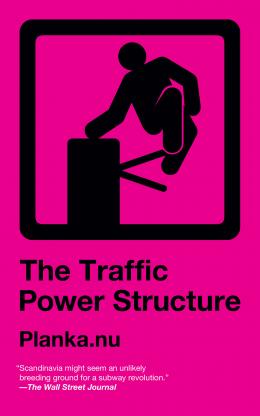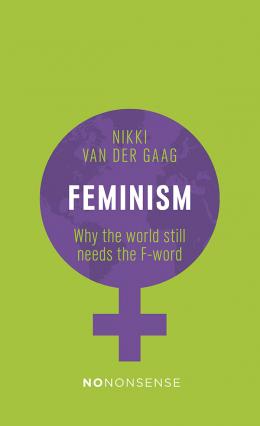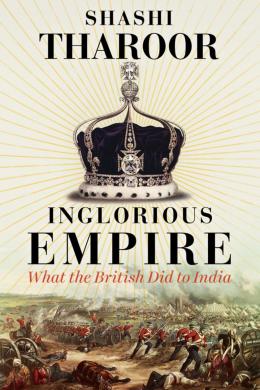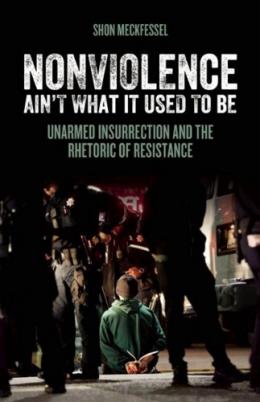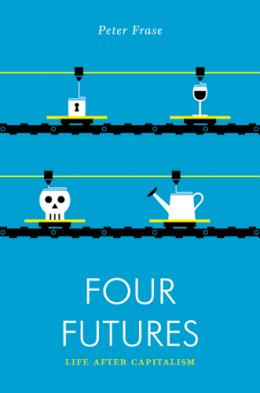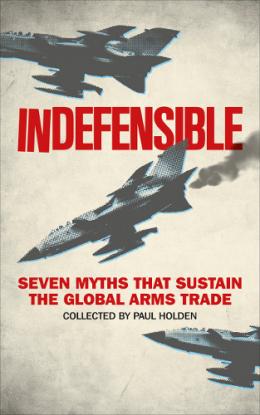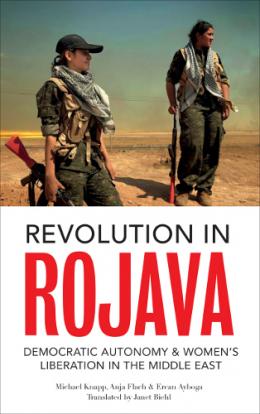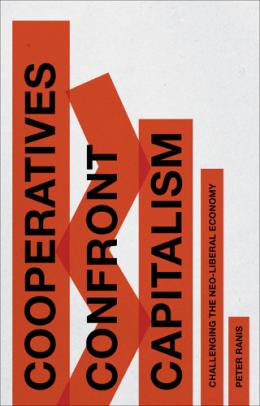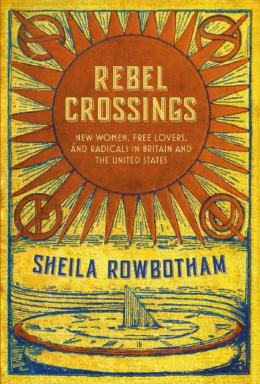First published in 2006, with a new edition last year, this is an engaging memoir of the mid-’90s anti-roads movement – one of the most successful UK nonviolent campaigns of recent times.
Jim Hindle tells the story of his time camping at Newbury, Fairmile in Devon, and Stanworth in Lancashire, resisting what the Thatcher government called ‘the biggest road-building programme since the Romans’.
While the activists lost the battles – each road was eventually built – arguably they won the war when the vast majority of the…
Reviews
As a non-motorist by choice, I found much to like in this slim book, once I’d got past its very dull title. It’s written by a Swedish group whose name – Planka.nu – translates roughly as ‘fare dodge now’. To my mind this would have been a very much snappier title.
According to Wikipedia, ‘Planka Nu is a network of organisations promoting tax-financed zero-fare public transport...The campaign has received much attention because [it] encourages people to fare-dodge, aiding its members in paying penalty fares through the insurance…
If you’ve ever heard, or read, people saying: ‘Oh, women have equality now, there’s no need for feminism’, then this little book will give you some of the facts and figures you need to be able to say: ‘Well, actually, there’s still lots to do’.
This book probably won’t make a feminist of most people who don’t already consider themselves feminists – indeed, they’re unlikely to pick up a copy – but there’s plenty here to help those who are already interested, particularly anyone who is already committed to feminism.
It’s…
As a young man in the USA in the 1960s, Jonathan Lerner left university and became part of a radical group, Weatherman, a faction of the organisation Students for a Democratic Society (SDS).
Eventually forced underground, Weatherman (later renamed the Weather Underground Organisation) managed to not only destroy SDS but also many of its own members’ lives.
As a 13-year-old, Lerner had joined a picket line at a local apartment building so he could get to know ‘the cool kids’. While at university, he staged a guerilla…
Over the years, many writers and scholars have challenged the view that the British empire was, in Winston Churchill’s words, a ‘valiant and benignant force in the history of mankind’. Shashi Tharoor’s latest book on British rule in India aims to combat what he calls Britain’s ‘historical amnesia’ over its past atrocities.
Drawing on an impressive array of historical sources, Tharoor claims that, prior to British rule, India was one of the richest countries in the world, with a 23 percent share of the global economy, as large as…
‘But what about Nazi Germany?’ No doubt many Peace News readers have been asked this question when they have voiced support for nonviolence.
Summarising a range of published material, George Paxton shows that nonviolent resistance to Adolf Hitler’s government was widespread. And though it is often poorly-referenced and somewhat repetitive, this feels like one of the most important books I’ve read in a long time.
From underground newspapers, open letters, graffiti, and socially ostracising the occupiers, to slow…
How do children learn to follow societal norms and how do state institutions mould young people into citizens? In documenting how children are brought up in Denmark, this book makes a valuable contribution to the anthropological study of childhood.
Drawing on extensive fieldwork – including interviews and observations in pre-school daycare – the authors also bring together a range of material from pre-existing literature in the field, all of which is meticulously referenced.
Adapted, rather than directly translated, from a…
We are halfway through Nonviolence Ain’t What It Used to Be before Shon Meckfessel clarifies what his title is about.
Along the way, he refers to postmodernists such as Deleuze and Althusser and sprinkles in words like ‘materiality’, ‘imaginary’ (as a noun) and ‘profanation’.
The main purpose of the book is to justify ‘counterhegemonic’ rioting. There are chapters on the ‘eloquence’ of public property destruction and of clashing with the police.
Meckfessel writes, finally, that US authors Chris Hedges, Rebecca…
Echoing the opening lines of The Communist Manifesto, Peter Frase opens this book with the claim that ‘two spectres are haunting the Earth’: ecological catastrophe and automation.
The first is a crisis of scarcity – of fresh water (think melting glaciers), fish (think ocean acidification and overfishing), habitable places to live (think rising sea levels and rising temperatures) and so on. The second is a crisis of abundance – the prospect that our technology could soon render most, if not all, human labour superfluous.…
Those who support the arms industry often seem to forget that its business is to manufacture items intended to harm and kill. It’s therefore validating for activists to read the evidence for the claims that the arms trade involves practices that are illegal, unjust, absurd and wasteful of tax payers money – including causing instability in developing countries.
This book also explains how defence spending since the Cold War has contributed negatively to economic growth, and examines the factors that keep the arms trade going, such as…
The first recorded use of the word ‘queer’ being used in an explicitly homophobic, derogatory sense was in a letter about Oscar Wilde. It’s always meant something strange and suspicious, as in the American saying ‘queer as a three-dollar bill’, or a fleeting reference to the Diogenes Club in the Sherlock Holmes stories.
Only recently, though, has it been reclaimed and given a new, far more empowering definition. Instead of being an offensive term suggesting that a person is unnatural in some way, it is now taken to mean simply someone…
Much has been written about the Syrian uprisings, yet it’s only now with the English translation of this book that a comprehensive and politically-focused look at what’s been happening in the northern area of Syria (commonly known as ‘Rojava’ and part of a larger Kurdistan) has been easily available.
For the last 40 years, the Kurdish liberation struggle has been dominated by the PKK, which until recently was a Marxist-Leninist organisation struggling for a Kurdish nation-state. However, driven by their imprisoned leader Abdullah…
Consider a system of organised production in which a single person (owner) or a group of people (shareholders) at the top make all the decisions and give the orders; they decide everything from rates of wages to what is produced, how and where it is produced and where it is sold.
Below them are managers who receive and transmit the orders to a group of workers further down the pecking order who are permitted to sell their labour for just a fraction of the wages that those at the top grant themselves. This form of organisation…
The idea that we have entered a new geological era, the Anthropocene – an era characterised by humanity’s impact on the Earth’s atmosphere, oceans and wildlife – involves a drastic re-evaluation of humankind’s relationship with the natural world.However, the authors of this book insist that we have not just woken up to this fact in the last few decades. Indeed, far from being ignorant of the human imprint on the earth’s ‘living tissue’ – including the other species that occupy it – we have known about this from the dawn of industry.
…
Don’t be deterred by this book’s hefty appearance or its purely historical premise. Using archival research, Sheila Rowbotham has retraced the lives of six US and British radicals in the late 19th century. Her commitment to mingling the personal and the political results in a fascinating mosaic of stories.
In the decades that Rowbotham reconstructs before our eyes, women could still not speak in public without ‘odium and ostracism’. Divorce and contraception were highly controversial. Yet this was also a time when belief in God…


